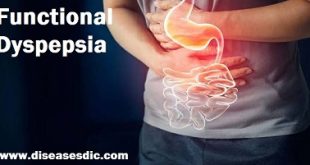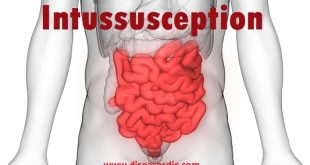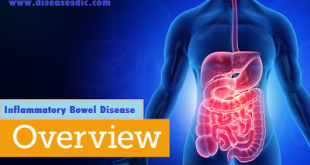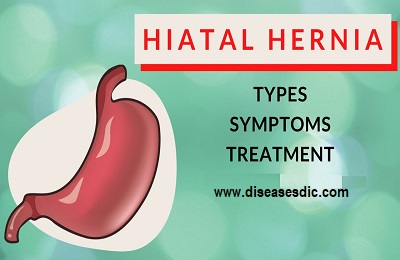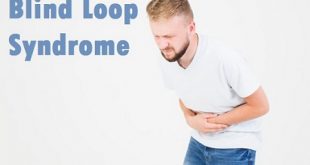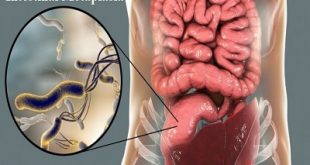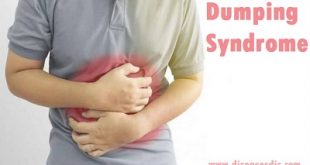Definition Stomach ulcer, which are also known as gastric ulcers, are painful sores in the stomach lining. Stomach ulcers are a type of peptic ulcer disease. Peptic ulcers are any ulcers that affect both the stomach and small intestines. Stomach ulcers occur when the thick layer of mucus that …
Read More »Functional Dyspepsia (FD) – Types, Complications and Treatment
What is Functional Dyspepsia? Functional dyspepsia is a pain, indigestion, or an upset stomach that does not have an apparent cause on endoscopy, such as an ulcer. Instead, it is caused by a functional abnormality, where the muscles or nerves that control the digestive organs are not working properly. You …
Read More »Intussusception – Complications, Symptoms and Diagnosis
What is Intussusception? Intussusception is a condition in which one segment of intestine “telescopes” inside of another, causing an intestinal obstruction (blockage). Although intussusception can occur anywhere in the gastrointestinal tract, it usually occurs at the junction of the small and large intestines. The obstruction can cause swelling and inflammation …
Read More »Inflammatory Bowel Disease (IBD) – Symptoms and Treatment
Definition Inflammatory bowel disease, or IBD, is when there is inflammation, or swelling, in the gastrointestinal (GI) tract and a lifelong immune response. The disease causes the body and immune system to think that food, bacteria and other needed things in the intestine are not supposed to be there. With …
Read More »Hiatus Hernia – Risk Factors, Symptoms, and Treatment.
Overview Hiatus hernia is the term used to describe a condition where part of the stomach pushes up into the lower chest through a weakness in the diaphragm. The diaphragm is the large flat muscle that separates the lungs from the tummy (abdomen) and helps us to breathe. Not everyone …
Read More »Blind Loop Syndrome – Pathophysiology, Symptoms, and Treatment
Definition Blind loop syndrome (BLS), also known as stagnant loop syndrome, is a state that occurs when the normal bacterial flora of the small intestine proliferates to numbers that cause significant derangement to the normal physiological processes of digestion and absorption. In some cases of blind loop syndrome, overgrowth of pathogenic …
Read More »Intestinal Metaplasia – Causes, Risk Factors, and Prevention.
What is intestinal metaplasia? Intestinal metaplasia (IM) is a condition in which epithelial cells (the cells that line the stomach and esophagus) become altered or replaced by other cells, called goblet cells. Goblet cells are large, round, hollow cells that are normally found in the intestines; they should not reside …
Read More »Dumping Syndrome (DS) – Types, Lifestyle changes, and Prevention
Definition Dumping syndrome (DS) is also referred to as rapid gastric emptying and occurs when food is passed directly from your stomach pouch to the first part of the small intestine without undergoing digestion. It is frequently related to the rapid emptying of hyperosmolar gastric content into the small bowel. …
Read More » Diseases Treatments Dictionary This is complete solution to read all diseases treatments Which covers Prevention, Causes, Symptoms, Medical Terms, Drugs, Prescription, Natural Remedies with cures and Treatments. Most of the common diseases were listed in names, split with categories.
Diseases Treatments Dictionary This is complete solution to read all diseases treatments Which covers Prevention, Causes, Symptoms, Medical Terms, Drugs, Prescription, Natural Remedies with cures and Treatments. Most of the common diseases were listed in names, split with categories.

